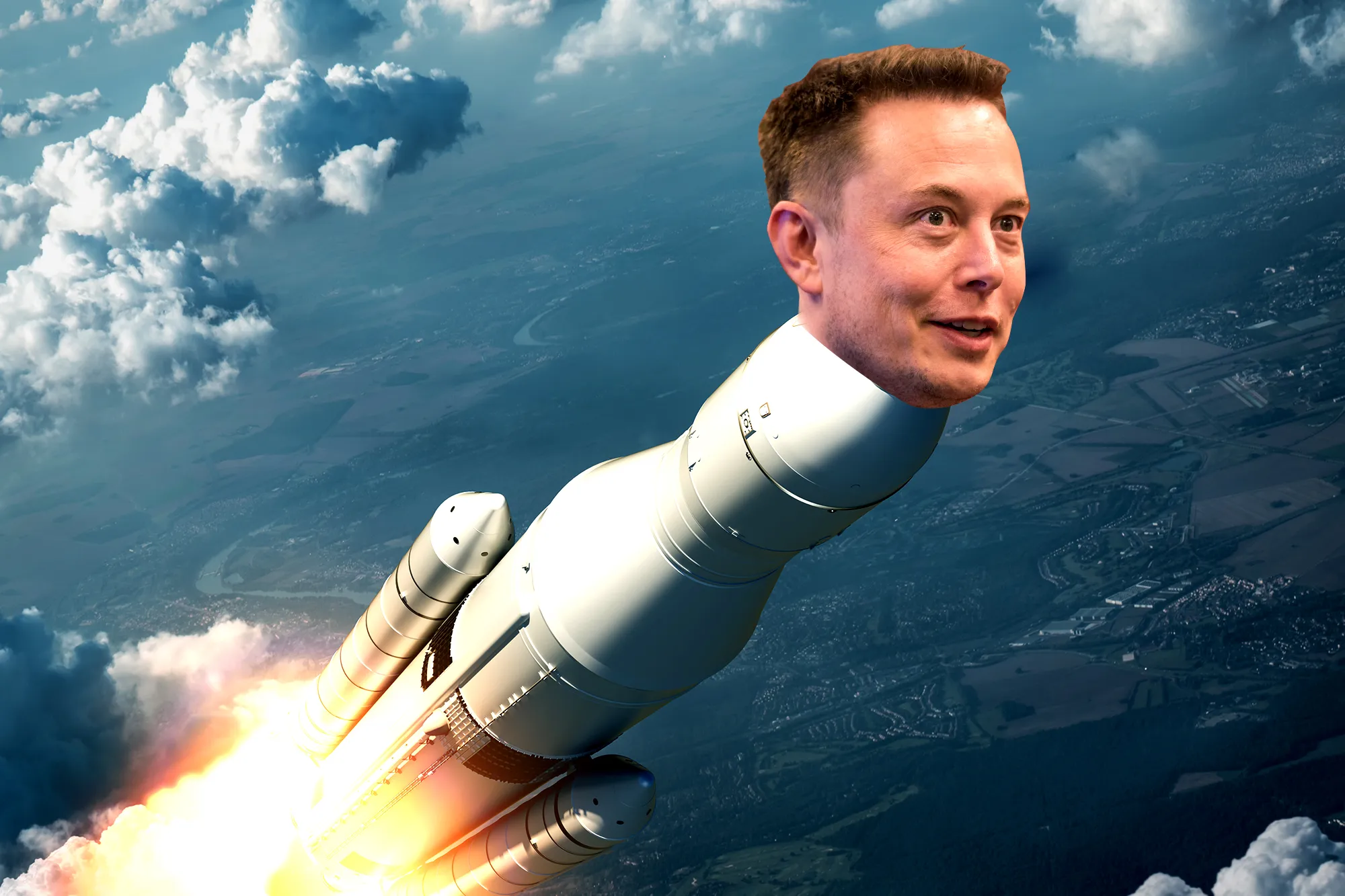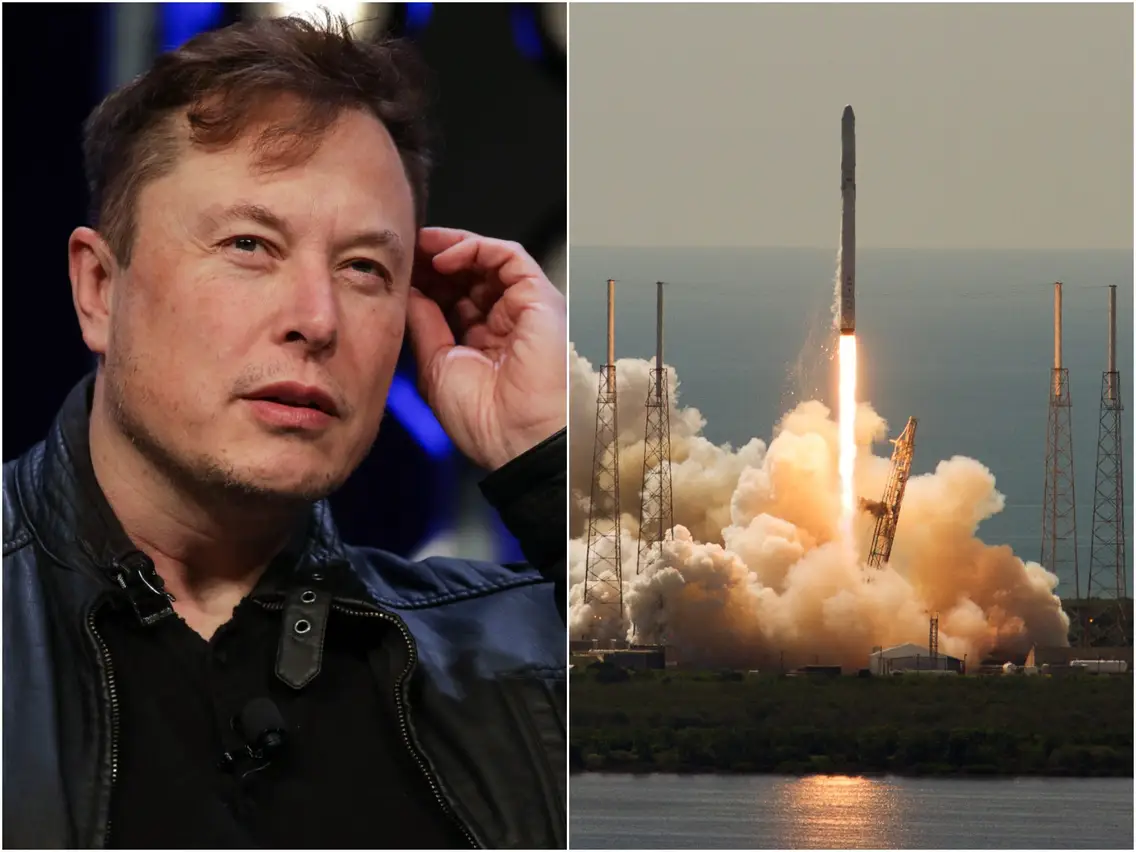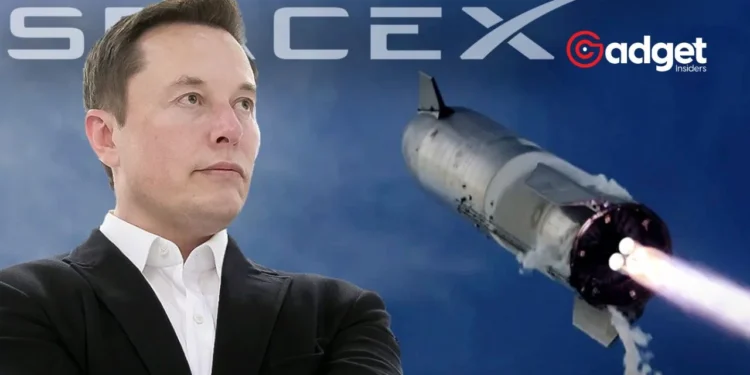In an era where the impossible seems increasingly within our grasp, the notion of jetting off to Mars is transitioning from a page out of a science fiction novel into a tangible future. Spearheading this celestial ambition is none other than Elon Musk, the SpaceX CEO, whose visions of a red planet colonized by Earthlings have sparked both awe and skepticism.
At the heart of Elon Musk’s interstellar proposition is the assertion that a $100,000 ticket to Mars could be within reach for “almost anyone” who’s willing to work and save. But is this dream of space colonization genuinely accessible, or is it a mirage in the vast desert of our economic landscape?

Mars for the Masses? The Economic Conundrum
During a dialogue with TED Conference head Chris Anderson in 2022, Elon Musk unveiled his ambitious plan, hinting at the democratization of space travel. With SpaceX’s Starship rocket marking milestones towards this goal, the idea seems less far-fetched than ever. Yet, Elon Musk’s statement belies a harsh economic reality.
With the U.S. Bureau of Labor Statistics reporting an average annual salary of $59,384 in the latter part of 2023, and a significant portion of Americans living paycheck-to-paycheck, the financial leap to a $100,000 Mars voyage seems monumental.
The contrast between Elon Musk’s optimistic outlook and the findings of the 2024 Annual Emergency Savings Report published by Bankrate, which revealed that 57% of Americans would be unable to cover an emergency bill of $1,000, offers a harsh image of the economic gap that exists in the United States.
Some people believe that Elon Musk’s vision, although it is revolutionary, may not be tied to the economic issues that many people are currently facing.
Elon Musk, the CEO of SpaceX, has presented an ambitious plan aimed at making travel to Mars more affordable, potentially broadening access to space colonization for a wider range of people. During a conversation with Chris Anderson, the head of TED conferences, in 2022, Musk… pic.twitter.com/20Kuf9x2uG
— Sparrow (@_sparRoow_) March 29, 2024
Bridging the Gap: Financing a Journey Beyond
Elon Musk’s proposed solution to the economic hurdle involves a variety of financing options, including asset sales, government sponsorship, or loans. This approach suggests a broader ambition to make Mars accessible not just to the wealthy elite but to anyone with the dream and determination to venture beyond Earth’s confines.
However, the debate surrounding the feasibility and ethics of such an endeavor continues to rage. Critics, including figures like former President Barack Obama, stressed the importance of addressing terrestrial issues such as environmental conservation and sustainable development before setting our sights on other worlds.
Elon Musk: Navigating Financial Frontiers
In today’s climate, where saving for major life goals is increasingly challenging, the dream of Mars travel highlights the critical role of smart financial planning.
Regardless of whether one’s aspirations lie in home ownership, comfortable retirement, or interplanetary travel, the advice of financial advisers has never been more pertinent. Aligning financial plans with life goals, however lofty, is essential in turning dreams into reality.

The Future of Space Exploration: Ethical, Economic, and Environmental Considerations
As SpaceX forges ahead with its technological advancements, the dialogue around space colonization is poised to deepen. The ethical, financial, and environmental implications of such an endeavor demand careful consideration.
While the dream of making Mars accessible to a broader population is noble, the journey there raises questions about priorities, inclusivity, and the future of humanity itself.
Elon Musk’s vision for Mars is undeniably bold, a testament to human ingenuity and the unyielding desire to explore the unknown. Yet, as we stand on the brink of this new frontier, we must navigate the myriad challenges with wisdom, ensuring that our celestial ambitions do not eclipse the needs and realities of life on Earth.










